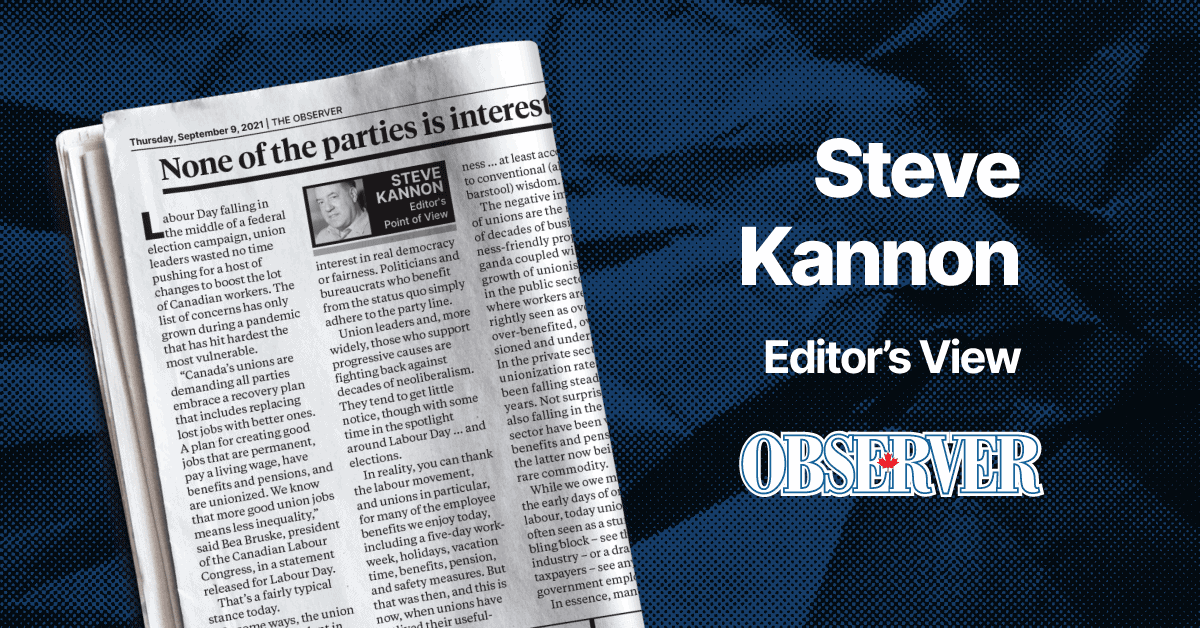;
;
;
Next Article
Police offer up tips to help prevent package theft

Reports of the death of Iran’s morality police seem premature, but growing protests against the extremist regime could eventually lead to much-needed change in that oppressive state. While the regime change long called for by US hawks may not be forthcoming, the West should be supporting those pushi
Last updated on May 03, 23
Posted on Dec 08, 22
4 min read
